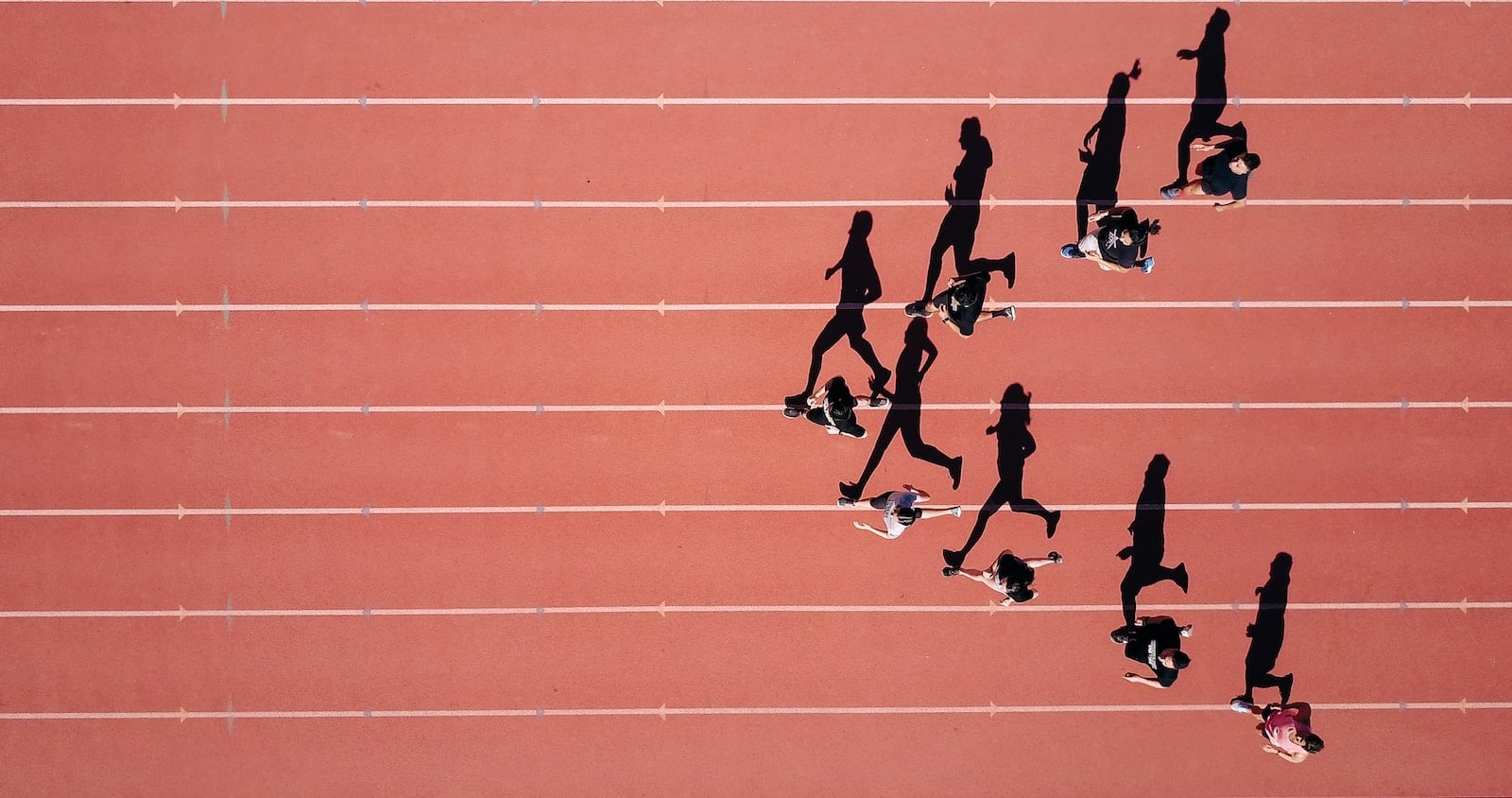
In the realm of sports, we often hear the age-old adage, "no pain, no gain". This phrase insinuates that physical discomfort is a prerequisite for improvement and success. However, such a narrow view can be misleading and, at times, even detrimental to an athlete’s overall performance. While continuous practice and pushing one’s boundaries are crucial, they are only part of the bigger picture. The often overlooked, yet equally important, element in the equation is rest.
Before delving into the benefits of rest, let’s first understand what happens within our bodies during and after a strenuous workout. When you engage in intense physical activities, your muscles suffer microscopic damage – a phenomenon known as muscle trauma. This might sound alarming at first, but it’s actually a perfectly normal process.
A lire aussi : How sports influence society
During the subsequent rest period, your body repairs the damaged muscle fibers through a process called protein synthesis, which results in the growth and strengthening of your muscles. This, in essence, is how you become stronger, faster, and more resilient. But without adequate rest, this natural regeneration process is hindered and your performance can suffer as a result.
Performance enhancement is a key objective in sports training. Athletes train hard to hone their skills, increase their speed, build their strength, and improve their endurance. However, without sufficient rest, these efforts can prove counterproductive.
A lire aussi : How to choose your hiking gear
Overtraining without ample recovery time can lead to persistent fatigue, reduced athletic performance, and an increased risk of injuries. On the other hand, integrating adequate rest periods into training protocols allows the body to repair and strengthen itself, preparing the athlete for future training sessions. It is during these periods of rest that the body adapts to the stress of exercise, replenishing energy stores and repairing damaged tissues.
The significance of rest extends beyond just physical recovery. It also plays a crucial role in maintaining and enhancing an athlete’s mental well-being.
Intense training can be mentally exhausting. It requires high levels of concentration, determination, and mental toughness. Without sufficient rest, an athlete can experience burnout, which not only affects their performance but also their overall mental health.
Rest provides a necessary respite, allowing the athlete to recover mentally. It helps alleviate stress, improve concentration, and maintain motivation. It also provides an opportunity for mental preparation – a key aspect of sports that is as important as physical readiness.
When we speak of rest, sleep deserves special mention. A good night’s sleep is vital for overall health, and its impact on athletic performance is immense.
Sleep deprivation can impair an athlete’s performance by reducing their energy levels, slowing their reaction times, and impairing their cognitive functions. On the other hand, quality sleep enhances muscle recovery, boosts energy levels, and improves concentration and mental clarity.
Now that you understand the importance of rest in sports training, the question arises – how to balance training and rest? The answer lies in listening to your body and understanding its signals.
It’s crucial to incorporate rest days into your training routine. However, rest doesn’t necessarily mean complete inactivity. Active recovery, which involves low-intensity exercises, can be beneficial in promoting blood flow and aiding muscle recovery.
Remember, rest is not a sign of weakness or laziness. It is a crucial part of the training process. Pushing your limits is important, but giving your body the time to heal and strengthen is equally vital. It’s all about balance. So, train hard, rest well, and watch your performance soar.
Proper rest is a fundamental component of injury prevention in sports training. Injuries commonly occur when athletes push their bodies beyond their limits without incorporating adequate rest periods. When you train intensely, your muscles, tendons, and ligaments are subjected to significant stress. Without sufficient rest, this stress can accumulate, leading to overuse injuries such as stress fractures, tendonitis, and shin splints.
Adequate rest allows your body time to heal the microscopic damage caused by strenuous exercise. It reduces the overall load on your body, thereby minimizing the risk of injuries. In fact, research reveals that adequate sleep – one of the most effective forms of rest – can reduce injury rates in athletes.
Additionally, rest has a significant effect on your immune system. Overtraining can suppress your immune function, making you more susceptible to illnesses and infections. This not only hampers your performance but can also disrupt your training schedule. On the contrary, adequate rest boosts your immune function, improving your overall health and resilience.
Therefore, incorporating appropriate rest periods into your training regimen can help prevent injuries, bolster your immune system, and enhance your overall athletic performance.
In conclusion, rest is a fundamental element in sports training, often underestimated in favor of continuous, intense workout sessions. However, understanding and acknowledging the importance of rest can significantly enhance an athlete’s performance, while also protecting their mental and physical health.
Rest plays a pivotal role in muscle recovery, performance enhancement, mental well-being, and injury prevention. Additionally, quality sleep, a crucial aspect of rest, significantly contributes to overall health and athletic performance. Therefore, integrating rest into your training regimen isn’t just beneficial – it’s essential.
Balancing training and rest is key to optimal performance in athletics. Listen to your body, understand its signals, and incorporate rest days and active recovery into your routine. Remember, a well-rested athlete is a strong, resilient, and high-performing athlete. In the journey towards athletic excellence, rest is not the enemy – it is, in fact, one of your greatest allies. So, train hard, rest well, and prepare to reach new athletic heights.